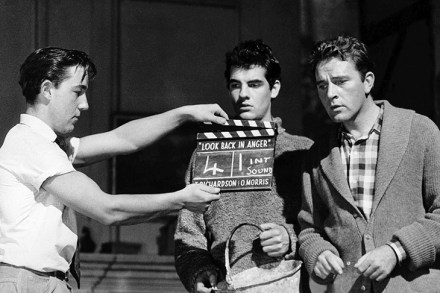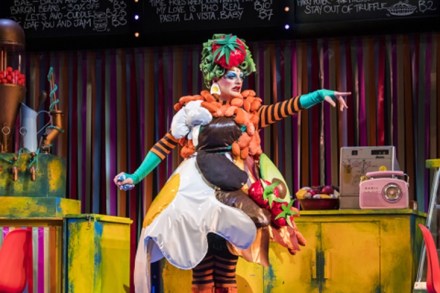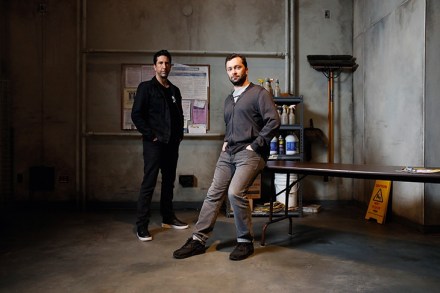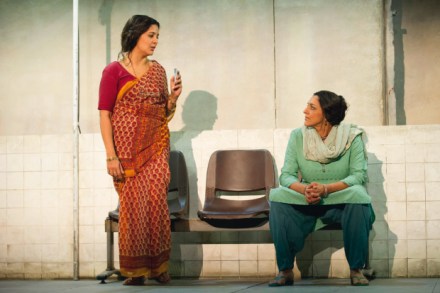Age concern | 14 February 2019
The Dumb Waiter is a one-act play from 1957 that retains an extraordinary hold over the minds of theatre-goers. It’s set in the basement of a Birmingham restaurant where two Cockney hitmen are preparing to execute an unknown victim. A dumb waiter, or shelf on pulleys, descends from above containing requests for two-course meals. Liver and onions are on the menu. Demands for cups of tea and sago pudding are sent down. The nervous thugs start to panic as they struggle to fulfil the instructions arriving from on high. It’s an absurd situation underpinned by an authentic sense of menace and violence. These are not just clownish villains but real


















